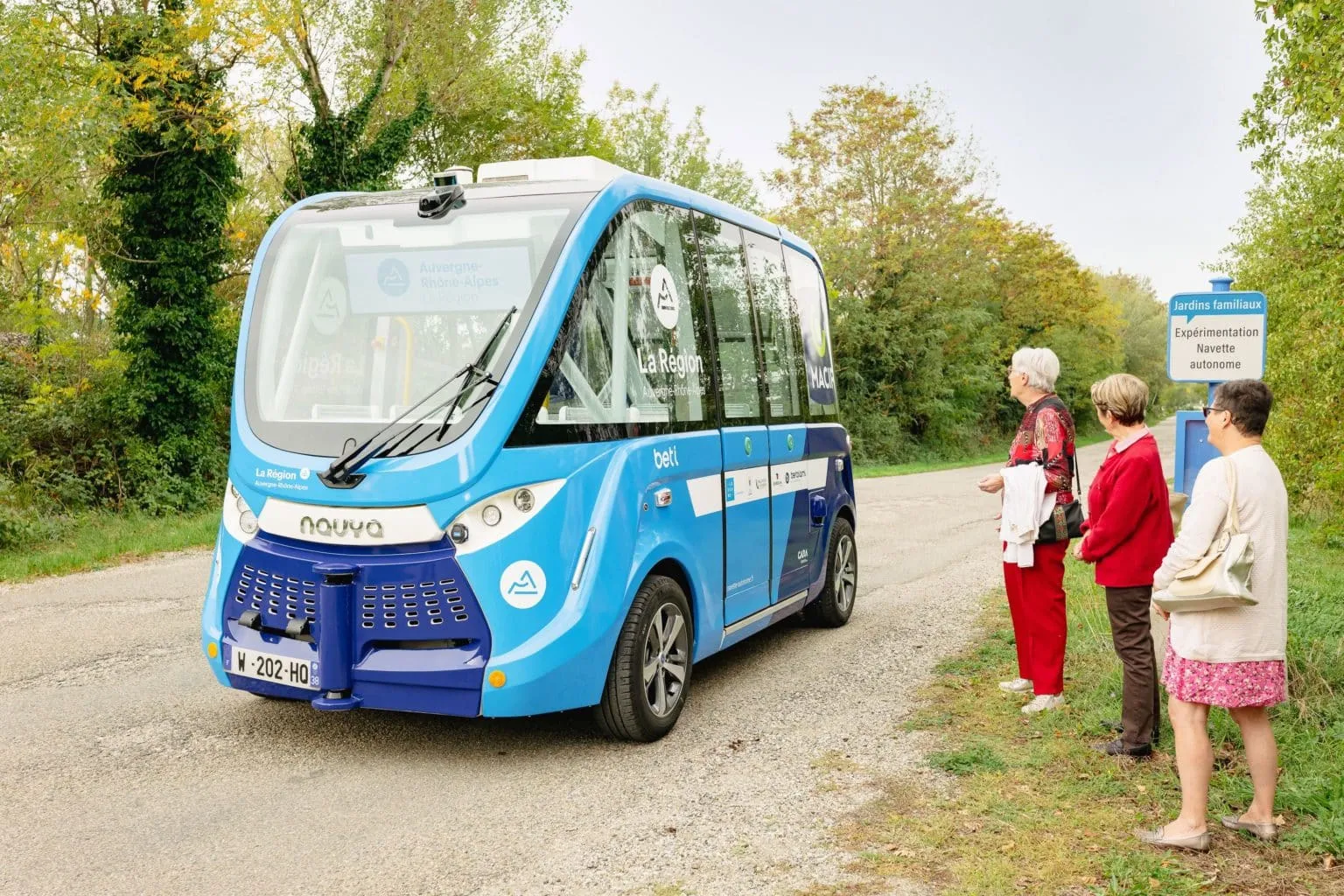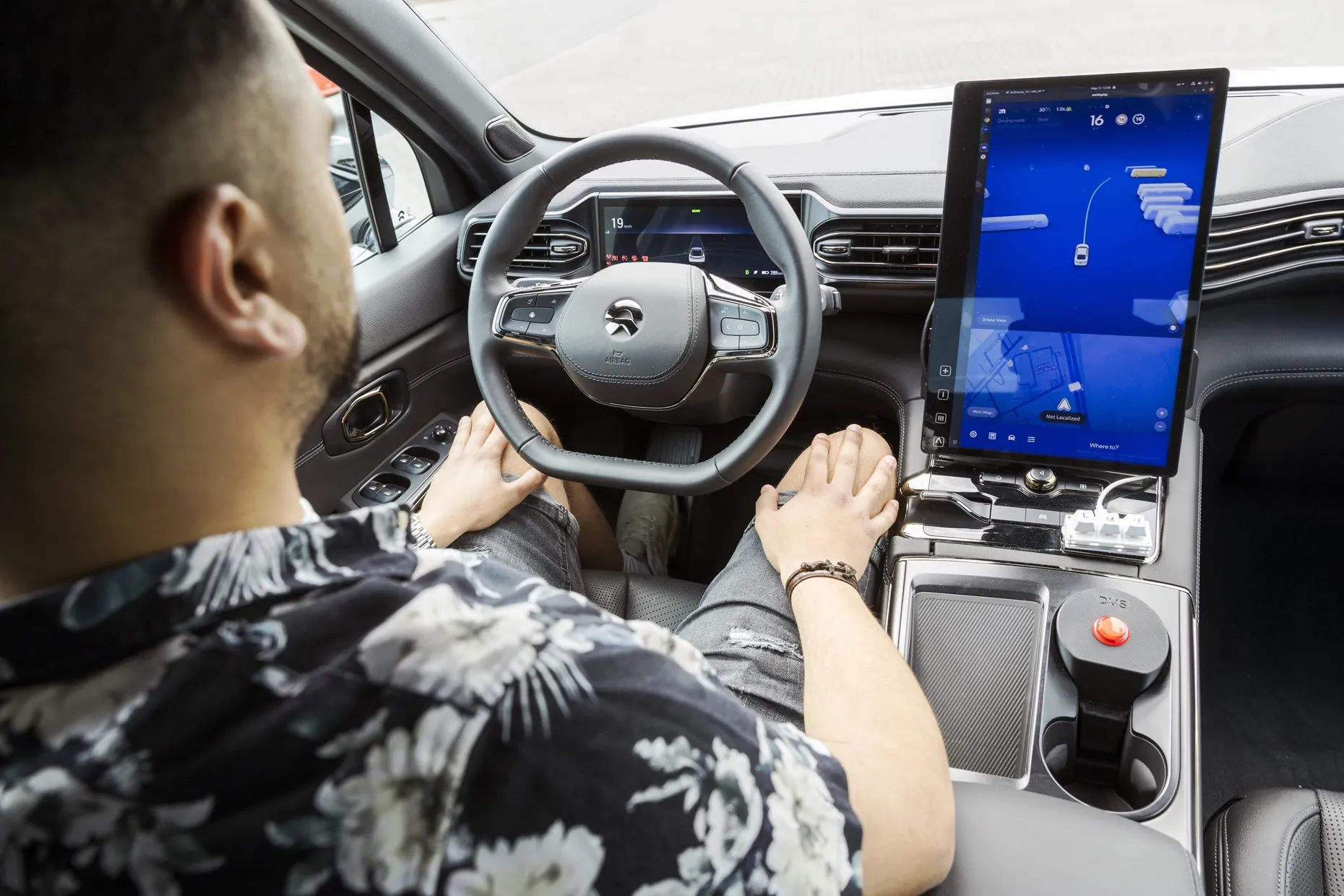French autonomous vehicle manufacturer Navya is to partner with transport operator Keolis, supported by Lyon Metropole, in a pilot which will see driverless minibuses on the streets of Lyon.
September 9, 2016
Read time: 1 min
French autonomous vehicle manufacturer
Two electric vehicles, equipped with lasers, sensors, stereo vision and GPS, will carry around 15 passengers at a top speed of 15km per hour on a 10 minute route in the heart of the city. The route includes five stops and is free of road lights, crosswalks and intersections.
The Navya Arma vehicle costs around US$225,000 (€200,000) and has already been tested without passengers in other French cities and in Sion, Switzerland.








